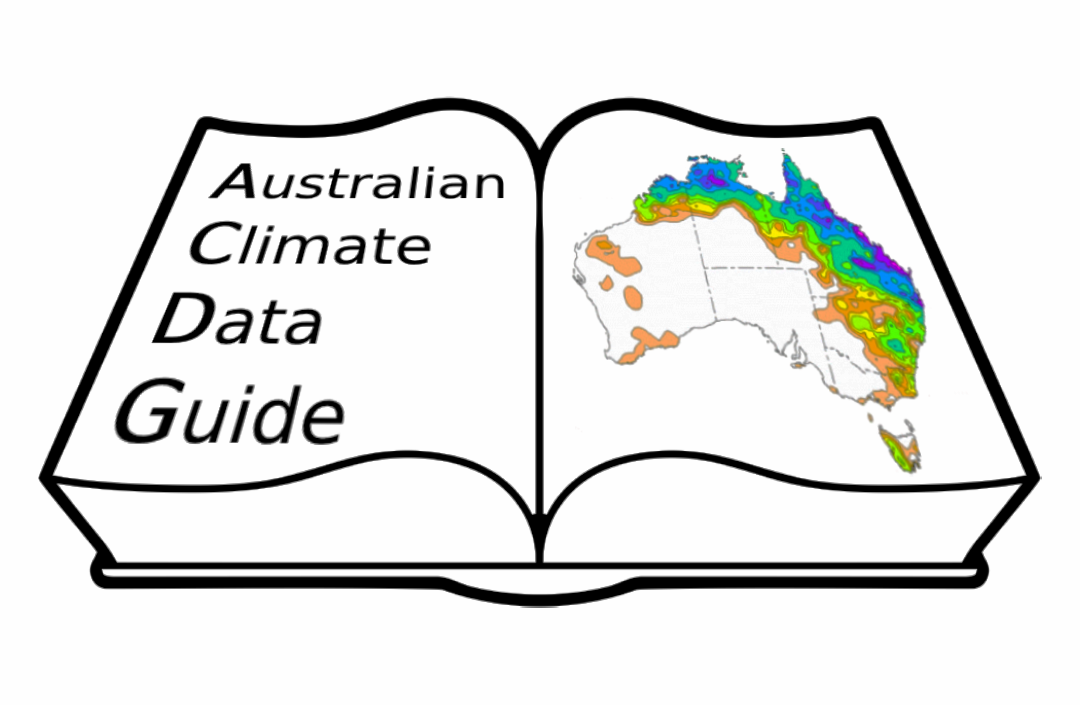Persistent identifiers#
Persistent identifiers provide a globally unique, internet based handle to uniquely identify a research product. They are widely used and DOIs have been used for years for scientific papers, but now identifiers are also issued for data, code, researchers, research projects and the institutions themselves.
A persistent identifier consists of a handle (a url) that always remains the same and associated metadata that can change over time. The ARDC (Australian Research Data Commons) has a lot of resources on this subject on their website.
Digital Object Identifier#
Digital Object Identifiers, DOI, were initially used for papers but now their application has been extended to other research products such as datasets and software. A DOI is basically a persistent url that resolves to a metadata record. This record should have a link to the actual research object. The way a research output is made available online can then change over time without it affecting the DOI itself. Even if eventually a dataset or paper is retired and is not available anymore, a DOI will still point to its associated metadata and provide information on how it can be obtained.
They are managed at the global level by the International DOI Foundation (IDF).
DataCite, a non-profit organisation, is one of the DOI registration agencies, with an aim to record DOI for data. Other organisations can join DataCite as members to enable them to mint DOIs. In Australia, ARDC is a member of DataCite and can help other organisations setting up a DOI minting service.
NCI can mint a DOI for your dataset as part of their data publication process.
Researcher ID#
Keeping track of the identity of individual researchers across global information systems presents many challenges. A researcher may use different variations of their name and several researchers may share the same name. Confusion arises when a researcher moves from one institution to another. An institution may even have the same researcher listed more than once in their own records. Similar problems emerge with groups of researchers.
To allow the discovery of research outputs that share a common researcher or research group, a common public identifier is needed for referencing. A researcher ID is a unique identifier which you can add to anything which defines you as a researcher: papers, blogs, published datasets, web-pages, code repositories etc. It will help other researchers to identify you more easily and it will make it easier to discover any aspect of your work.
ORCID#
There are several providers for researcher-ID, however, most Australian Institutions now recommend using the Open Researcher and Contributor ID (ORCID). ORCID is an open, non-profit, community based initiative, used globally. With an ORCID you can now automatically populate your RMS profile (Research Management System) when applying for an ARC grant.
While this is not compulsory it will speed up your application process and make it easier to include all your research output including published data and codes. If you have more than one researcher ID you can often link them together, though it is easier to manage only one. On the ARDC website you can find information on how the Australian research sector is planning to adopt ORCID nationally as the official research identifier.
This short video shows how a ORCID works and why it is important to have one.
Other identifiers#
RAiD: Research Activity Identifier#
In Australia the ARDC manages RAiD, a Research Activity Identifier. A RAiD record will list all the persistent identifiers associated to a particular project. Any research project and activity can be listed with RAiD. While it is not a global identifier RAiD is a useful tool to have all your research project outputs like papers, data and code together with project sources such as funders, collaboratos and grants.
ROR - Research Organization Registry#
ROR is a community project aiming to create an open global registry for research organisations. It provides a unique identifier that can be used to link research products to a specific organisation. It is also a useful tool to find out about other organisations working in a field of interest. As an example this is what is returned by querying for “climate”.
Grants#
For grants, identifiers are usually assigned by the funders themselves, notably in Australia by the ARC. This means there are no global unique identifiers developed as yet. Often data services have mappings of funders that you can use to select the funding agency and then the grant-id depending on the funder itself. The ARC maintains a portal where you can query their grants registry and discover information on projects they fund.
